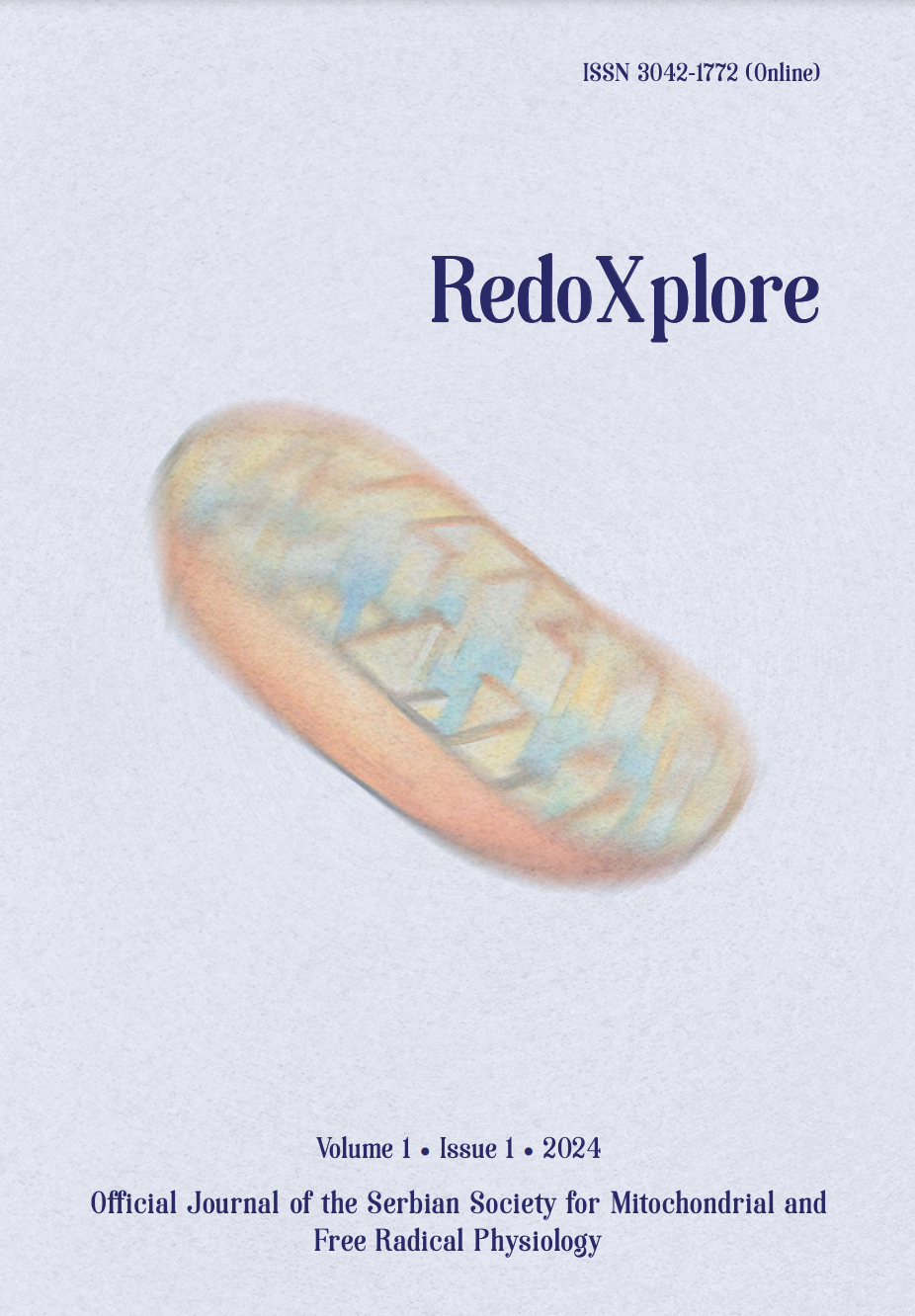Current issue

Volume 1, Issue 1, 2024
Online ISSN: 3042-1772
Volume 1 , Issue 1, (2024)
Published: 29.08.2024.
Open Access
All issues
Contents
29.08.2024.
Professional paper
HEPATOCYTE SEIPIN SILENCING REDUCES CHOLESTEROL-MEDIATED LIPID DROPLET MATURATION IN FATTY LIVER MODEL
The incidence of non-alcoholic fatty liver disease (NAFLD) is gradually increasing with the prevalence of obesity, which is the strongest risk factor for steatosis. Lipid droplet (LD) accumulation in hepatocytes is a hallmark of NAFLD. Seipin protein, which is LD related protein, resides in the endoplasmic reticulum membrane and a shortage of this protein leads to accumulation of abnormal LDs in adipose tissue. Although it has been shown that adipose-specific Seipin deficiency causes increased lipid accumulation in liver and muscle tissue following abnormal LD formation and loss of adipose tissue function, Seipin protein deficiency in liver tissue and its effect on lipid accumulation have not been investigated. Our study aimed to investigate the effect of Seipin deficiency on ER stress and lipophagy in cholesterol-accumulated mouse hepatocyte cells (AML12 cell line). In this direction cholesterol accumulation in mouse hepatocyte cells was established by administrating cholesterol-containing liposome and Seipin levels were reduced using siRNA transfection. Following liposome-cholesterol and siRNA administrations, lipophagy was determined by confocal microscopy, and mRNA levels of GRP78, GRP94, and ATF4 were examined by qRT-PCR. Our findings show that cholesterol-containing liposome administration in hepatocytes increases both Seipin protein and number of large LDs. However, Seipin silencing reduced the increase of cholesterol-mediated large LDs and GRP78 mRNA. Additionally, lysosome-LD colocalization increased only in cells treated with cholesterol-containing liposome, while the siRNA against Seipin did not lead to any significant difference. According to our results, we hypothesise that Seipin silencing in hepatocytes reduced cholesterol-mediated LD maturation as well as GRP78 levels, but not lipophagy.
Tugce Demirel-Yalciner, Bengu Cetinkaya, Erdi Sozen, Nesrin Kartal Ozer





